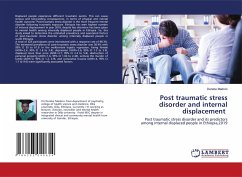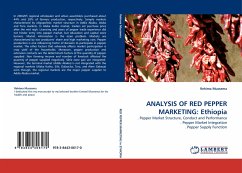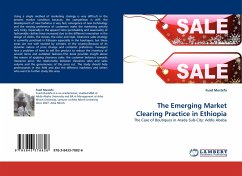
Post traumatic stress disorder and internal displacement
Post traumatic stress disorder and its predictors among internal displaced people in Ethiopia,2019
Versandkostenfrei!
Versandfertig in 6-10 Tagen
27,99 €
inkl. MwSt.

PAYBACK Punkte
14 °P sammeln!
Displaced people experience different traumatic events. This can cause serious and long-lasting consequences, in terms of physical and mental health outcome. Post-traumatic stress disorder is the most frequent mental disorder following traumatic exposure. Ethiopia has seen highest number of internal displacement in year 2018, despite less attention has been given to mental health among internally displaced people in Ethiopia. So, this study aimed to determine the estimated prevalence and associated factors of post-traumatic stress disorder among internally displaced people in south Ethiopia. A...
Displaced people experience different traumatic events. This can cause serious and long-lasting consequences, in terms of physical and mental health outcome. Post-traumatic stress disorder is the most frequent mental disorder following traumatic exposure. Ethiopia has seen highest number of internal displacement in year 2018, despite less attention has been given to mental health among internally displaced people in Ethiopia. So, this study aimed to determine the estimated prevalence and associated factors of post-traumatic stress disorder among internally displaced people in south Ethiopia. A total of 625 participants were interviewed with a response rate of 98.3%. The estimated prevalence of post-traumatic stress disorder was 58.4% with 95% CI 55 to 61.9. In the multivariate logistic regression, being female (AOR=2.4, 95% CI 1.6 to 3.4), depression (AOR=2.6, 95% CI 1.2 to 3.9), displaced more than once (AOR=3.7, 95% CI 2.4 to 5.8), destruction of personal property (AOR=1.6, 95%CI 1.04 to 2.44), witness the murder of family (AOR=2, 95% CI 1.2, 3.9), and cumulative trauma (AOR=4, 95% CI 1.7 to 9.6) were significantly associated factors.












